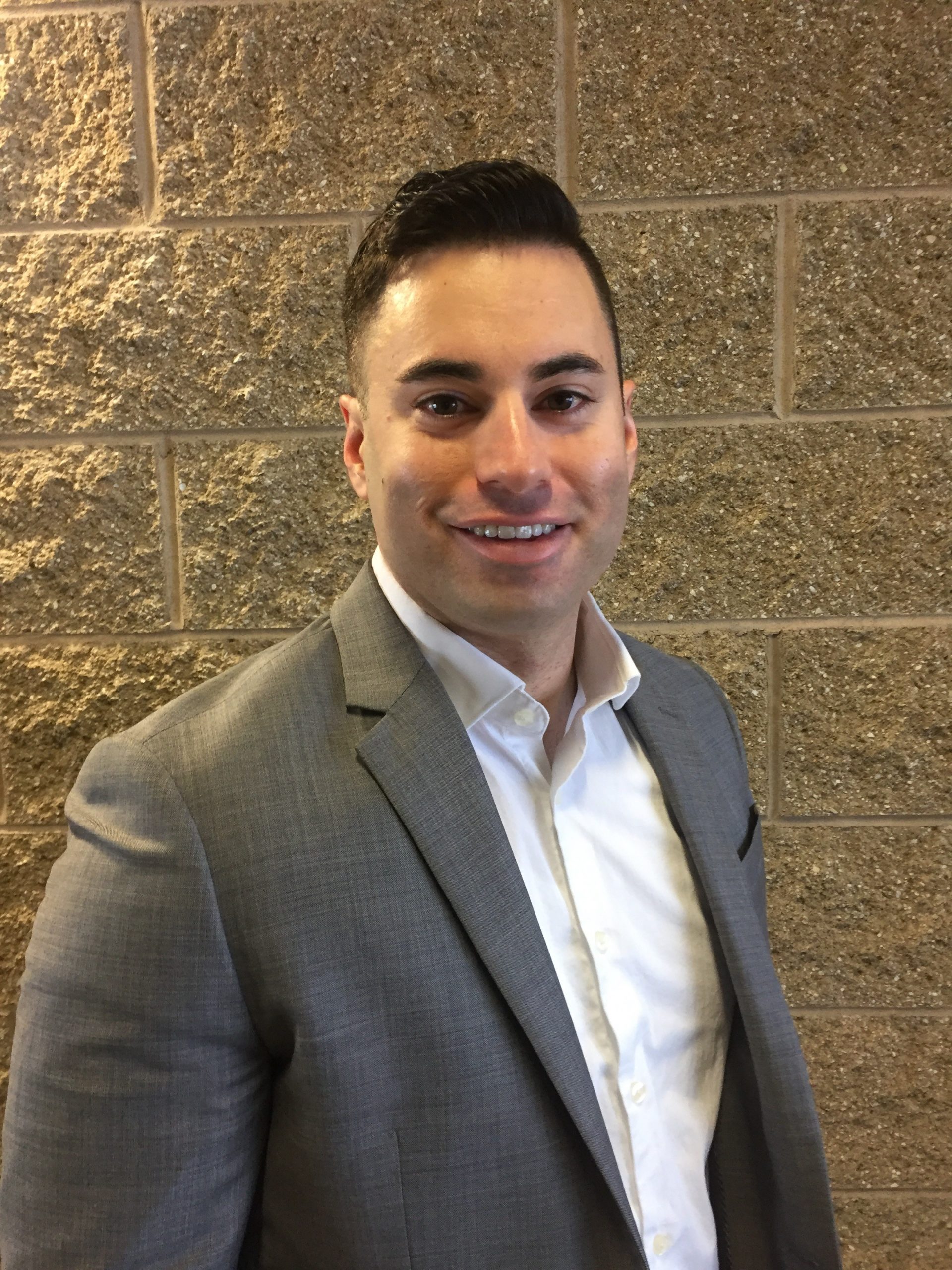Due to the increased social awareness regarding mental health and substance abuse issues, the addiction treatment industry is experiencing significant growth. Thanks to policy changes around substance abuse as well as the constant battle against stigma, there is now a greater societal acceptance of seeking help. The general public has a greater awareness of the importance of seeking proper treatment for substance use disorders (SUDs).
This means addiction treatment centers, now more than ever, must work on their digital marketing efforts in order to bring their services closer to the people who need them.
Digital marketing is actually overlooked for its role in shaping this growing market. In today’s tech-driven age, addiction treatment centers can harness the power of digital marketing to tap into the expanding demand for services and reach those who need help the most.
In this article, we will explore the addiction treatment market size and the role of digital marketing in this industry. By understanding the various strategies, challenges, and trends of digital marketing, rehab centers can strategically position themselves in a competitive market to effectively deliver life-changing services. Let’s take a closer look.
Overview of the Addiction Treatment Market Size
The global addiction treatment market is expanding at a robust rate, with analysts predicting a compound annual growth rate (CAGR) of 7.9% from 2021 to 2028. By 2028, the market size is expected to reach $43.3 billion, driven largely by increased demand for alcohol and opioid addiction treatments, as well as the rise in co-occurring mental health conditions.
Key growth drivers include:
- Increased government funding and favorable reimbursement policies
- Rising substance abuse rates, particularly in developed countries
- The growing awareness surrounding addiction as a disease
- The legalization and decriminalization of substances in some regions (leading to a surge in addiction cases)
The US Addiction Treatment Market
In the US, the addiction treatment market alone was valued at $42 billion in 2021, and this number is expected to continue growing as opioid addiction remains a national crisis. The demand for treatment centers has increased as both federal and state governments focus on combating substance abuse.
Additionally, many employers have begun prioritizing employee health, offering insurance plans that include mental health and addiction services. Given this surge in demand, treatment centers face an increasingly competitive landscape, making digital marketing strategies more vital than ever.
The Role of Digital Marketing in the Addiction Treatment Market
As the addiction treatment market grows, so does the number of facilities offering services. In such a saturated market, establishing a unique digital presence and effectively reaching potential clients through digital channels has become essential.
Increased Online Searches for Treatment
More and more people are becoming aware of the dangers of addiction and mental health disorders. Because of this, more people are turning to online searches for help and information.
This shift has made it crucial for addiction treatment centers to have a strong online presence. Potential patients, as well as their family members, often look for treatment options using search engines. This means treatment centers need to rank highly in search results.
Trust and Accessibility
Digital marketing provides addiction treatment centers with the tools to establish trust and credibility through online content. It’s not enough for people to see your treatment facility online—you also need to gain their trust so that they would look more into your services.
Informative blogs, patient testimonials, and expert advice can help build a positive reputation while demonstrating the center’s authority in the field. A well-designed website, coupled with clear and accessible information, can offer potential patients and their families the assurance that they’re seeking help from a professional and compassionate facility.
Targeted Advertising
Lastly, digital marketing allows addiction treatment centers to reach specific audiences through targeted advertising. Platforms like Google Ads and social media allow centers to direct their ads toward individuals looking for their services online. They can also use targeted advertising to reach people in a certain geographic area—particularly those within their service area.
These ads can be customized based on demographics, ensuring that the messaging resonates with the right group. Targeted advertising is cost-effective, enabling centers to optimize their marketing budget while reaching those who are most likely to require their services.
Key Digital Marketing Strategies for Treatment Centers
Now that we know the importance of digital marketing for drug rehab facilities, we should talk about the most important strategies to employ if you want to make the most out of your online presence. Here are some key marketing strategies to use:
Search Engine Optimization (SEO)
For treatment centers, SEO is essential to rank higher on search engines and attract people searching for addiction or mental health help. This strategy is all about using keywords and incorporating them into your website and content to maximize your chances of getting in front of people who are actively searching for those terms online.
A well-optimized website, with targeted keywords like “rehab center near me” or “drug addiction treatment,” can improve your visibility. Utilizing local SEO strategies, like optimizing for location-specific searches, can also help attract potential clients looking for addiction treatment services nearby.
Ensuring the website is mobile-friendly, fast, and secure will also improve rankings and user experience.
Google Business Profile
Optimizing your Google Business Profile (formerly Google My Business) allows your treatment center to appear in local search results as well as on Google Maps. This will in turn help people find your services quickly.
To get the most out of this platform, you need to ensure that your business information—address, business hours, contact info, and services—is accurate and up-to-date. If your information is not updated, this can affect your credibility. It will also make it impossible for patients to visit your facility and contact you, meaning you are missing out on these new opportunities.
Aside from updating your GBP, regularly posting updates and engaging with reviews on the platform can enhance visibility and trust, making it easier for potential patients and their families to reach out.
PPC Advertising (Pay-Per-Click)
Because SEO is a long-term strategy, you cannot expect it to produce results overnight. However, you can get results for your addiction treatment center faster by adding pay-per-click (PPC) advertising to your digital marketing campaign.
PPC advertising allows treatment centers to target specific keywords and demographics, driving traffic to their websites through Google Ads or social media platforms. PPC campaigns can be tailored to reach individuals searching for immediate help, which is crucial in emergency situations. By targeting relevant keywords like “alcohol detox” or “rehab centers in [city],” treatment centers can position themselves in front of people who are ready to receive treatment.
Content Marketing
Providing valuable and informative content through blogs, videos, and guides helps treatment centers build authority and trust. Topics could include advice on overcoming addiction, mental health tips, or treatment options available. High-quality, consistent content can improve SEO and create meaningful connections with potential clients, offering them the information they need when researching treatment options. Content marketing also helps keep the audience engaged through newsletters and social media, enhancing long-term relationships.
Social Media Marketing
Most people are spending significant amounts of time on social media. This is something addiction treatment facilities can capitalize on.
Through platforms like Facebook, Instagram, and LinkedIn, treatment centers can engage with audiences, share success stories, and provide educational content. Social media allows for direct interaction with followers, fostering community support and trust.
Running targeted social media campaigns can also help reach those in need of help or their families. Social media marketing enhances brand visibility and provides a platform to share resources in a more approachable, accessible way.
Online Reviews and Reputation Management
Because building trust and credibility are critical in this industry, online reviews are important. They can influence the decision-making process of individuals seeking treatment. Encouraging satisfied clients and their families to leave positive reviews on platforms like Google, Yelp, and social media can build trust and attract new clients.
Reputation management also involves addressing any negative feedback professionally and transparently, showing that the treatment center values its clients and is committed to continuous improvement.
Challenges in Digital Marketing for Addiction Treatment Centers
Despite the clear advantages of digital marketing, addiction treatment centers face several challenges when navigating this space.
Digital marketing faces significant challenges due to advertising restrictions, high cost per click (CPC), and the ethical considerations surrounding client privacy. One of the major hurdles is advertising restrictions imposed by platforms such as Google and Facebook. These platforms have strict guidelines regarding the promotion of healthcare services, particularly addiction treatment, to prevent misleading or unethical advertising.
For example, Google Ads requires addiction treatment centers to be certified by LegitScript before they can advertise, ensuring that only legitimate organizations are allowed to run ads. This can limit the visibility of smaller or newer centers that may not have the resources to get certified quickly.
Moreover, some social media platforms outright ban or severely restrict addiction treatment ads, making it difficult for centers to reach a broad audience through traditional digital marketing channels.
Another challenge is the high cost per click for addiction-related keywords. This is driven by high competition and the importance of converting leads into clients.
Addiction treatment is a high-value service, which pushes up the CPC, especially for popular search terms like “drug rehab” or “alcohol treatment.” This means that centers must carefully manage their budgets to ensure they are getting a return on their investment, often requiring a well-optimized marketing strategy.
There is also the fact that client privacy and ethics are paramount in this field. Addiction treatment centers must handle sensitive information with care, following HIPAA regulations and ensuring that their marketing efforts do not exploit vulnerable individuals.
Personalization, a common tactic in digital marketing, must be approached cautiously to avoid crossing ethical lines or violating privacy laws. Balancing effective marketing with the need for discretion and client protection is a constant challenge for addiction treatment centers.
Future Trends in the Addiction Treatment Market and Digital Marketing
The digital marketing landscape for addiction treatment centers is evolving significantly, driven by shifting regulations, consumer behavior, and advancements in technology.
With increased scrutiny from platforms like Google and Facebook, stricter advertising policies have been implemented to curb deceptive practices. This has led to a more transparent and ethical approach in the industry.
Additionally, the rise of SEO, content marketing, and telehealth services has become crucial in reaching potential clients who seek online information and treatment options. Social media and video marketing, especially with platforms like TikTok and Instagram, are also playing a growing role, allowing centers to engage audiences more effectively through educational content and personal stories.
Here are some of the trends that have the potential to shape the industry even further:
Telehealth and Online Counseling
As telehealth becomes more accepted, treatment centers have a unique opportunity to expand their services. Virtual therapy and online support groups allow treatment centers to extend their reach to individuals who may not have access to in-person services. Effective digital marketing campaigns highlighting these services can target clients who prefer or need remote care.
Data-Driven Marketing
The use of data analytics in digital marketing will continue to evolve. Treatment centers can use data to track user behavior, optimize campaigns, and improve client acquisition strategies. With tools like Google Analytics, marketing teams can see which strategies are working and adjust campaigns to improve performance.
Increased Focus on Video Content
Video marketing has proven highly effective in building trust and connecting emotionally with audiences. Testimonial videos from past clients, educational videos about the recovery process, and behind-the-scenes looks at facilities can humanize the brand and provide reassurance to potential clients.
Artificial Intelligence and Automation
Artificial intelligence (AI) is becoming more prevalent in marketing strategies across industries, including addiction treatment. Chatbots, automated email campaigns, and AI-driven SEO are tools that can enhance engagement and lead nurturing, allowing treatment centers to reach potential clients efficiently.
Work with MasterMindSEO
The addiction treatment market is poised for continued growth, driven by increased demand for services and the growing awareness of addiction’s impacts on society. However, this growth also means increased competition among treatment centers. Digital marketing is no longer optional but a necessity for centers looking to stay competitive and expand their reach.
As you implement these strategies, it is important to remember that marketing with empathy and integrity ensures that the mission of helping others remains at the forefront of every digital marketing strategy.
Because digital marketing has become an indispensable tool for addiction treatment centers, it is important to work with a company you trust.
MasterMindSEO has experience in performing digital marketing campaigns for e-commerce, national, regional and local businesses. Email or call and we will be happy to see how we can help your center get more leads and help more patients!
Ready to take your addiction treatment SEO to the next level? Want to rank your detox center on Google Maps? Let MasterMindSEO help you.
[button color=”undefined” hover_text_color_override=”undefined” url=”https://bookme.name/MasterMindDBS” text=”Get More Admits!” color_override=””]

